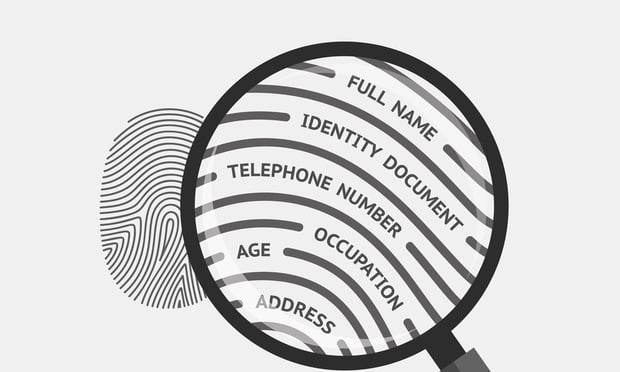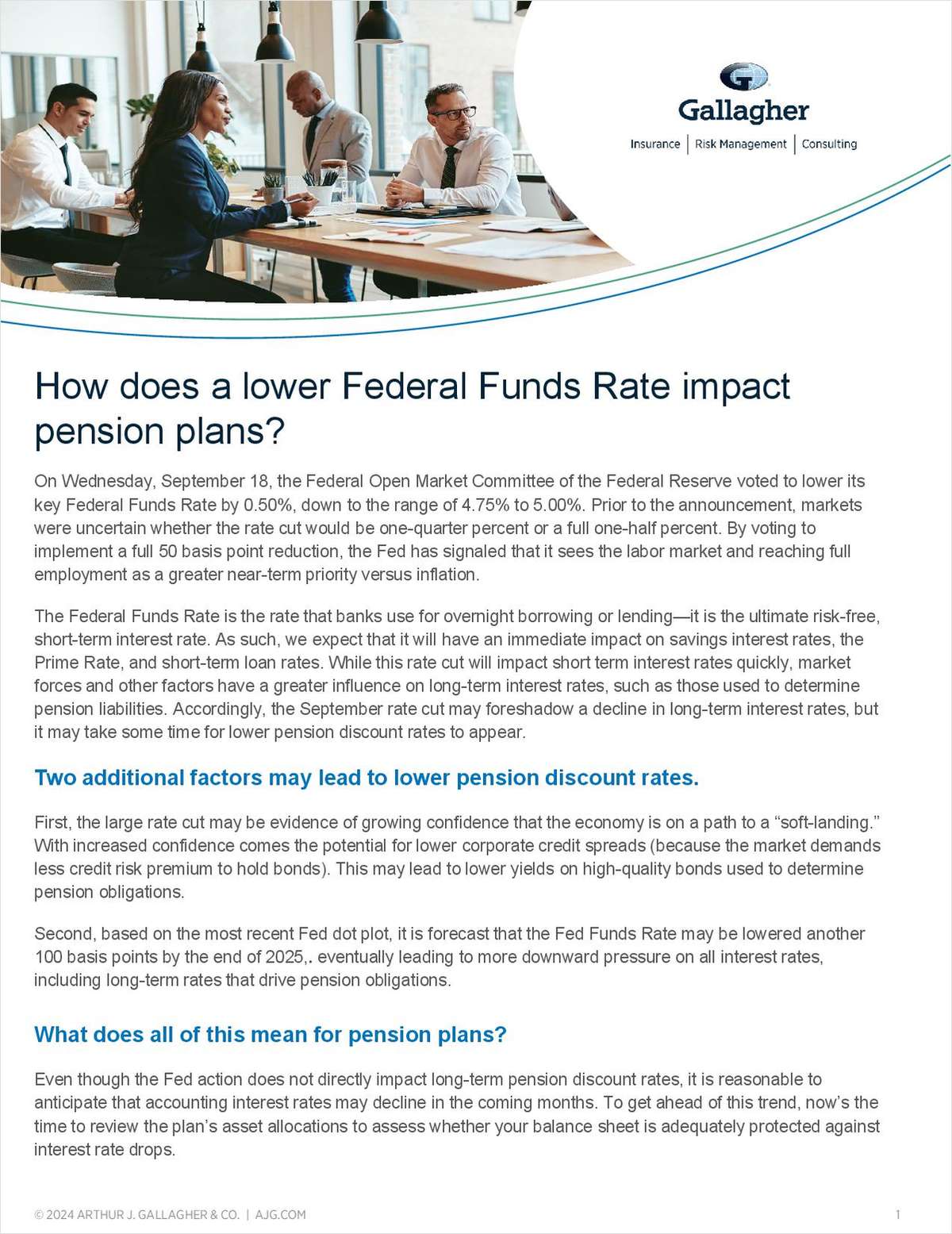While automatic IRAs could have a significant impact on retirement readiness if they became universal, just how significant that impact might be would depend on several factors.
That's according to new research from the Employee Benefit Research Institute (EBRI), which said that three major factors have to be considered when determining the effects of a universal auto-IRA plan:
-
age
-
default contribution rate
-
opt-out rate (the percentage of eligible employees who choose not to participate)
IRAs were designed to help people who don't have an employer-sponsored retirement plan, particularly those who work at small companies, put money away for retirement in a tax-deferred account. However, most people who don't have a retirement plan at work also don't have an IRA.
There's been discussion about the possibility of proposed legislation that would obligate employers without retirement plans to be required to automatically invest a specific amount of employees' pay into an IRA, via a payroll deduction, unless the employee changes the arrangement or opts out.
Complete your profile to continue reading and get FREE access to BenefitsPRO, part of your ALM digital membership.
Your access to unlimited BenefitsPRO content isn’t changing.
Once you are an ALM digital member, you’ll receive:
- Breaking benefits news and analysis, on-site and via our newsletters and custom alerts
- Educational webcasts, white papers, and ebooks from industry thought leaders
- Critical converage of the property casualty insurance and financial advisory markets on our other ALM sites, PropertyCasualty360 and ThinkAdvisor
Already have an account? Sign In Now
© 2024 ALM Global, LLC, All Rights Reserved. Request academic re-use from www.copyright.com. All other uses, submit a request to [email protected]. For more information visit Asset & Logo Licensing.








